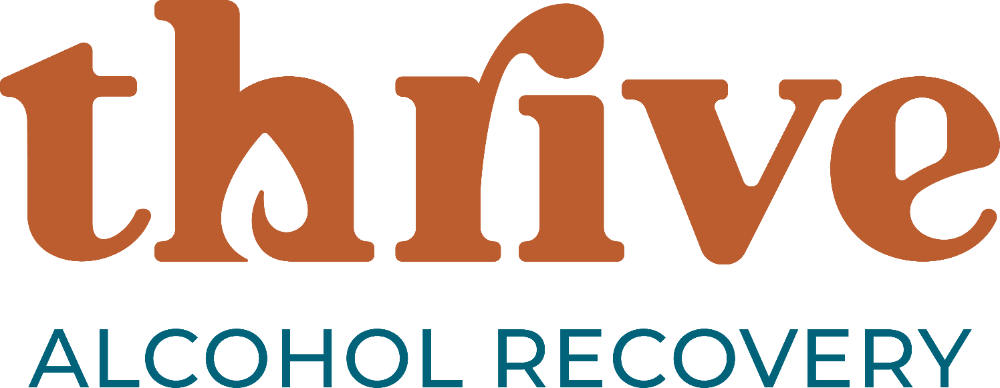Daily Naltrexone vs. The Sinclair Method: Which One is Right for You?
Feb 27, 2025Introduction: Understanding Your Options
If you’re considering naltrexone for Alcohol Use Disorder (AUD), you might be wondering:
-
✔️ Should I take naltrexone every day?
-
✔️ Should I only take it before drinking?
-
✔️ Which method will work best for me?
There are two primary approaches to using naltrexone:
-
Daily naltrexone – Taking the medication every day, regardless of drinking.
-
The Sinclair Method (TSM) – Taking naltrexone only before drinking to gradually reduce cravings.
Both methods have been effective for different types of drinkers. The best choice depends on your drinking habits, personal goals, and medical history. Below, we’ll explore how each method works and who may benefit most from each approach.
What is The Sinclair Method (TSM)?
The Sinclair Method is a clinically tested approach where naltrexone is taken one hour before drinking. Over time, it helps your brain “unlearn” the connection between alcohol and pleasure, leading to reduced cravings and consumption.
👉 Want a deeper dive into TSM? Click here to learn more.
Who Benefits Most from TSM?
✅ Binge drinkers – Those who drink heavily but not daily.
✅ People in early to middle stages of AUD – No strong physical dependence yet.
✅ Those with a family history of AUD – Helps prevent long-term addiction.
✅ People who want to cut back, not quit – Great for moderation.
Why Choose TSM?
- Proven to reduce alcohol consumption over time.
- Helps the brain rewire drinking habits.
- No pressure to quit alcohol completely.
- Lets you experience natural rewards on alcohol-free days.
Example: A weekend binge drinker using TSM may gradually reduce their alcohol intake and regain control over drinking habits.
What is Daily Naltrexone?
Daily naltrexone involves taking the medication every day, usually at the same time, regardless of drinking plans. This method is often recommended for people who drink daily or who want to quit entirely.
Who Benefits Most from Daily Use?
✅ Daily heavy drinkers – Drinking large amounts every day.
✅ People who want to quit alcohol entirely and use naltrexone to help with alcohol cravings.
✅ Those struggling with adherence – Prevents skipping doses.
✅ Individuals who rationalize drinking – Reduces impulsive drinking decisions.
Why Choose Daily Naltrexone?
- Provides consistent craving control.
- Prevents impulsive drinking decisions.
- Eliminates the choice to skip medication.
- Best for those wanting full abstinence.
Example: A daily drinker who struggles with self-control may benefit from taking naltrexone daily to reduce cravings and have control.
Daily vs. Targeted Naltrexone: Key Differences

How the Brain Affects Your Choice
Dr. Joseph Volpicelli, a leading naltrexone expert, explains that two brain systems influence drinking decisions:
🧠 Cognitive Brain – Logical, focuses on long-term benefits.
🔥 Limbic Brain – Impulsive, seeks immediate pleasure.
When people skip naltrexone before drinking, the limbic brain is in control, making it harder to stop. Daily naltrexone removes this choice, while TSM relies on personal adherence.
Does Naltrexone Block Pleasure from Other Activities?
A common concern is whether naltrexone reduces enjoyment from everyday activities like food, exercise, or relationships.
💡 Good news: It does NOT!
- Naltrexone only blocks alcohol-related opioid release.
- You will still experience natural joy from exercise, socializing, and eating.
- This allows healthy habits to feel more rewarding over time.
How to Choose: Daily vs. Targeted Naltrexone (TSM)
Consider The Sinclair Method (TSM) if:
- ✔️ You binge drink or mostly drink on weekends.
- ✔️ You want to gradually cut back rather than quit immediately.
- ✔️ You don’t drink daily and can take naltrexone before drinking.
- ✔️ You’re focused on long-term habit change.
Consider Daily Naltrexone if:
- ✔️ You drink heavily every day and need constant support.
- ✔️ You struggle with self-control and often skip medication.
- ✔️ You want to quit drinking completely.
- ✔️ You experience strong cravings and need full medication coverage.
Final Thoughts: Get the Right Support
✅ Both daily naltrexone and The Sinclair Method are effective, but the best approach depends on your drinking patterns and goals.
✅ If you're unsure which method is right for you, consult a doctor or coach.
✅ At Thrive Alcohol Recovery, we provide expert support, coaching, and tools to help you succeed.
👉 Learn more about the Thrive program here
Medical Disclaimer: This article is for informational purposes only and should not replace medical advice. Always consult with a healthcare professional before making medication decisions.







